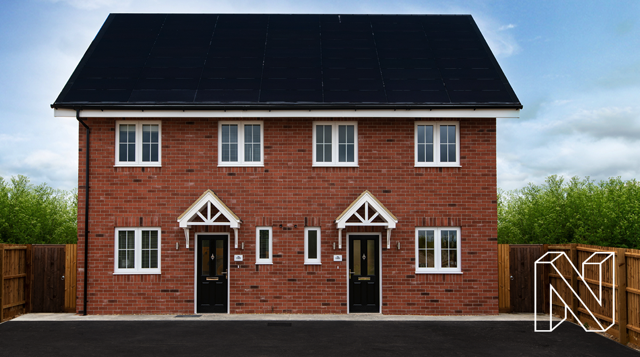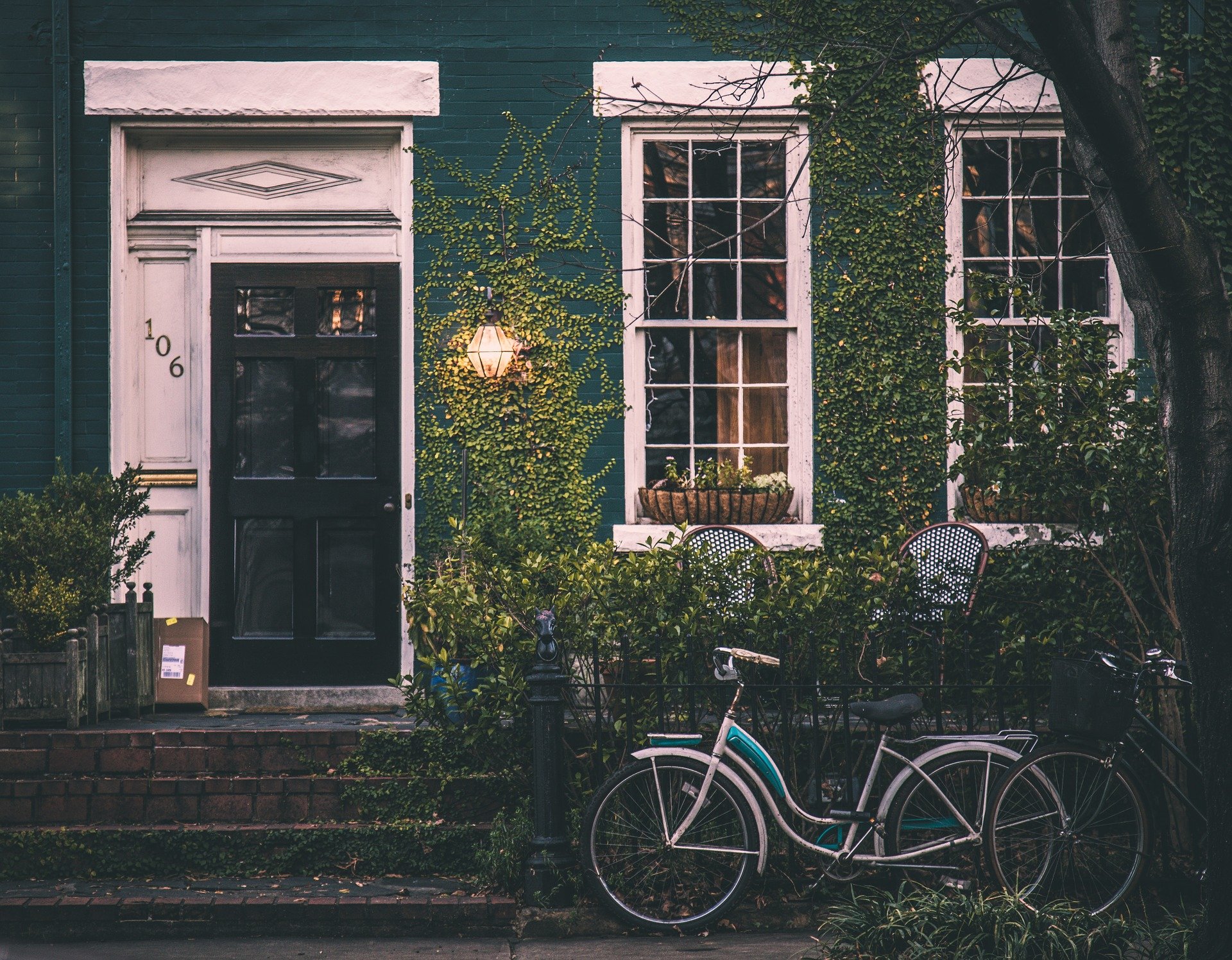Will Net-Zero Buildings Transform the Impact of the Built Environment?

Following our Smart Affordable Housing Event, ‘Can Zero-Net Homes be Affordable?’, Housing Industry Leaders sits down with NetZero Buildings’ Business Development Lead, Julie Hood, to learn more about the company.
NetZero Buildings are committed to developing new buildings that are higher quality. These buildings are delivered faster with lower costs, as well as being kinder to the environment.

Julie Hood, Net Zero Buildings
“Our mission is to transform the impact of the built environment,” explained Julie Hood. “We only make zero carbon buildings. We do this via Modern Methods of Construction (MMC) and we’re currently building schools, housing and healthcare [facilities],” she continued.
Through these MMCs, NetZero Buildings deliver high-quality buildings which are radically efficient, rapid and affordable. Not only this but the company also “ethically and sustainably source [their] product,” said Julie.
Showing their commitment to building environmentally sustainable homes, Julie explained: “By 2025 you have to be building to EPC C, but in 15 years’ time you have to be building to EPC A. our product is currently A+ EPC rated.”
We only make zero carbon buildings.
Along with its environmental benefits, Julie told Housing Industry Leaders NetZero Buildings are “really flexible on the design.” They are also “eradicating fuel poverty because [their] homes, the heating bills, especially for low-income homes, are significantly reduced.”
Furthermore, as the company manufacture the buildings whilst the groundworks are taking place, NetZero Buildings are able to “reduce the elements of onsite working by about 70%,” said Julie.
Investing now to save in the future
Stressing the importance of building net-zero now, Julie said: “Whilst there is a premium for this product now, when you consider what that cost is and what the cost of retrofitting will be in the future, to build net-zero now is actually more cost-effective.”
“There are some really good funding options out there,” she added.
Keen to dissuade people from retrofitting to avoid the current costs of building net-zero, Julie told Housing Industry Leaders, “If we can find a way of doing this and doing this now the benefits you will find in the future will outweigh the upfront costs that you’re paying now.”
To build net-zero now is actually more cost-effective.
Rounding up the interview, Julie said, “Let’s spend that £5,000 now and save ourselves that £15,000 in the future.”

